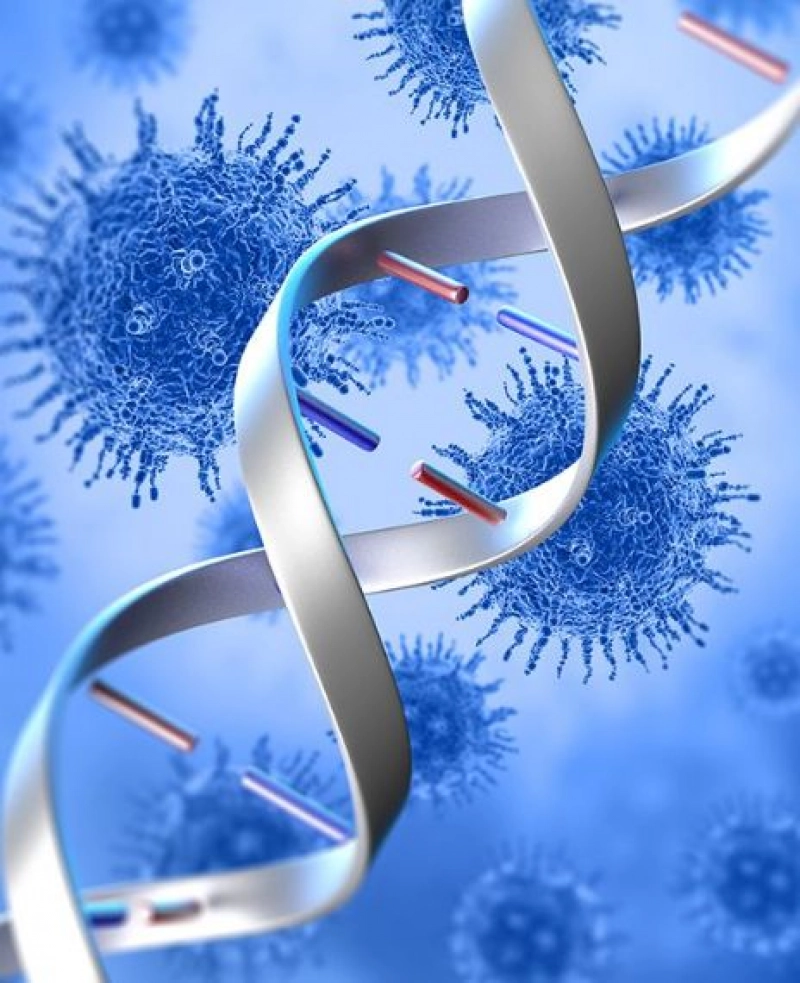By: Devika Kandelwal
July 8 2020

The WHO acknowledges the new evidence saying Covid-19 could spread by tiny particles suspended in the air, but says it requires further assessment.
The WHO acknowledges the new evidence saying Covid-19 could spread by tiny particles suspended in the air, but says it requires further assessment.The WHO has so far maintained that the virus spreads through droplets when someone coughs or sneezes. However, these droplets do not linger in the air but fall onto surfaces, which is why washing hands has been identified as a key prevention measure. On July 4, the New York Times reported that, in an open letter to the World Health Organisation (WHO), 239 scientists outlined evidence showing that the virus can spread through the air. They said that much tinier particles that float around for hours after people talk, or breathe out. Subsequently, the WHO acknowledged the fact that the virus could spread by tiny particles suspended in the air in specific settings, like enclosed and crowded spaces. This finding would eventually lead to broader use of masks, even indoors. But WHO also said that the current evidence is preliminary, and further assessment is required. The COVID-19 pandemic has given rise to a lot of potentially dangerous misinformation. For reliable advice on COVID-19 including symptoms, prevention and available treatment, please refer to the World Health Organisation or your national healthcare authority.